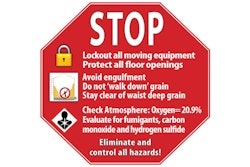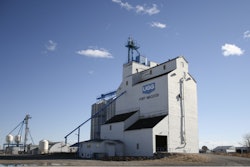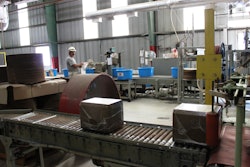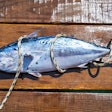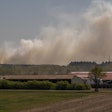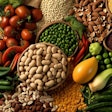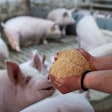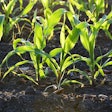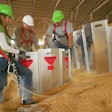龙卷风和史诗的洪水暴发,春天2011 will be remember as one of the most destructive and deadly in recent history. Add less-than-ideal temperatures, and agriculture is sent reeling, trying to navigate the unpredictable and attempting to catch-up with delayed planting. The Northeast and central United States have endured their wettest late winter and early spring on record, according to the National Climatic Data Center. As of mid-May, 63% of the nation's corn was planted compared with a five-year average of 75%; wheat is also suffering as fields have been too wet to sow.
Unfortunately, as Diana Klemme, vice president of Grain Service Corporation, reports, the United States needs record corn acreage and yields to begin to rebuild depleted stocks; however, the flooding and rain-saturated soil may jepordized up to 3 million of those acres from North Dakota to Arkansas.
"Losing 3 million corn acres could mean losing 400 million bushels of much-needed corn production this year, potentially cutting ending stocks for September 2012 dangerously low again," Klemme says.
Meanwhile, the poor weather has sent futures prices surging. The Financial Times reports USDA predictions stating that farmers will enjoy record prices for corn and wheat — stoking inflation and straining poor countries — as well as projecting record production for rice, oilseeds and course grains. Corn futures rose 4.2%, but still remain below record highs set in April.
Waterway transportation has also been compromised. The Mississippi, the lifeline of agricultural commerce, moving nearly 35 million tons of major grains and soybeans south to New Orleans in 2010, more than 28% of the crop year’s total exports from all ports, Klemme notes. She reports high waters will disrupt operations of countless barge stations causing some to lose months of capacity.
Writing this the day after the Joplin, MO tornado, one wonders what Mother Nature has in store for us this summer and into the harvest. Let's hope for the best.
Make sure to read Klemme's commentary on how the flooding will effect agriculture on page 44.
Stay safe and keep dry,





